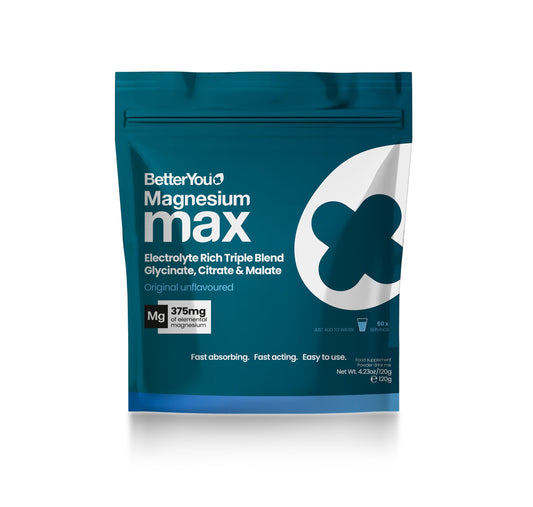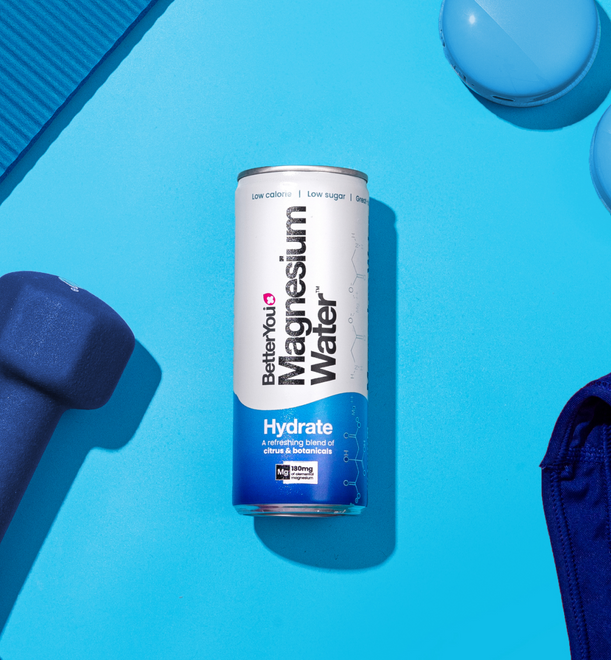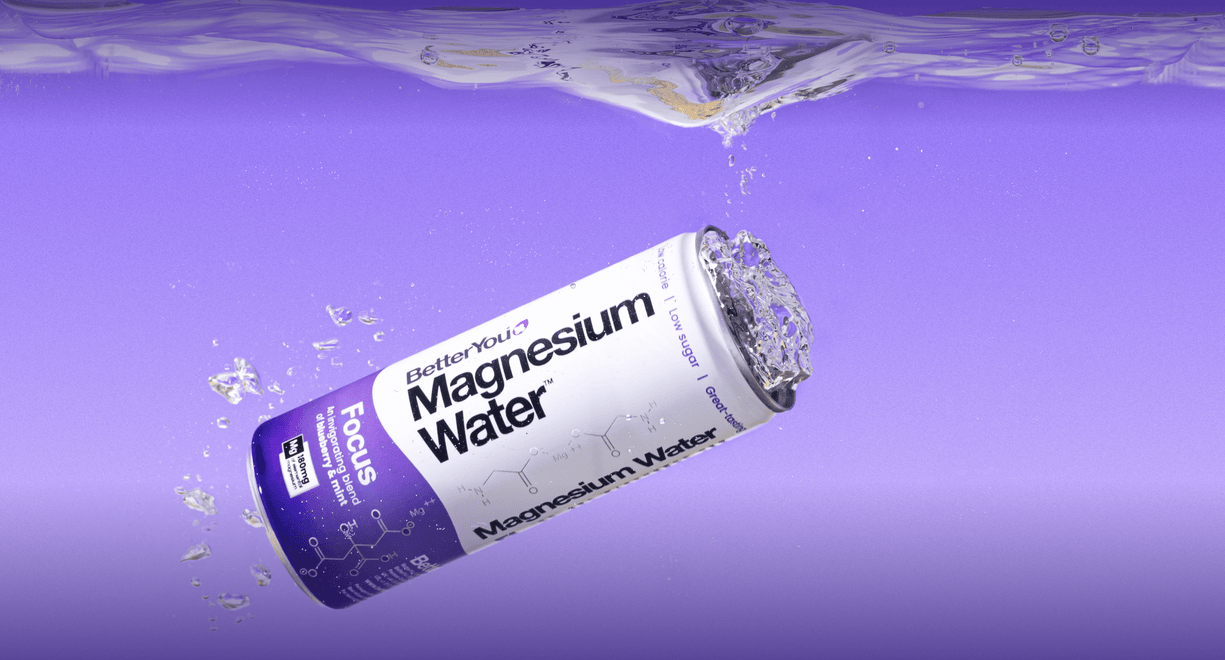Recovery from exercise can mean many things and can be applied in many ways. You may have heard of phrases such as:
- Post exercise recovery
- Active recovery
- Nutritional recovery
- Psychological recovery
- Recovery days
- Recovery programme
- Recovery weeks
I need some time to recover from reading about all of this recovery!!!
I’m not surprised that my patients often don’t have a recovery strategy and don’t know how to put one together. A lot of people don’t even know the benefits and necessity of recovery if they are doing regular exercise. In order to become faster, fitter and/or stronger the body needs to adapt and change. It does this in response to the stress that the body experiences during training however it is in recovering from this stress that the adaptation occurs.
Training can:
- Deplete the fuel stores in the body
- Cause loss of fluid, electrolytes and minerals (including magnesium)
- Damage muscle protein
- Suppress the immune system
- Lead to a build up of waste products
- Cause muscle length imbalances
Don’t be put off! The human body is amazing and can recover from these changes; it becomes better at dealing with the stresses.
Problems arise when we don’t allow or assist our body to recover from exercise. Think about how difficult it will be to achieve benefits from training if our bodies are still battling against the stress of the previous exercise session. I’m sure a lot of us have experienced how unpleasant it is to even walk downstairs with DOMS (delayed onset muscle soreness)! Recovery allows us to train again and achieve optimal benefits from the next session. Recovery is essential to reduce the risk of injury and improve performance.
Magnesium supplementationhas a great role to play in recovery:
Magnesium aids muscle relaxation
If calcium is the ON switch for muscle contraction then magnesium is the OFF switch. Without adequate magnesium, the level of calcium within muscle cells is high and the muscle doesn’t relax.
Facilitating muscle relaxation helps to
- Restore muscle length
- Increase circulation that was previously restricted by the contracted muscle
- Reduce pain associated with hyper-contracted muscles
- Improve muscle efficiency
Recovery Massagecalms the nervous system, decreases perception of fatigue, reduces muscle tension, aids removal of waste products and decreases perception of muscle soreness. So WHY NOT massage your Magnesium Oil Body SprayorMagnesium Body Lotioninto those tired and tight muscles after exercise promote recovery even further?
Magnesium aids sleep and general feeling of relaxation
Disturbed sleep is an indicator of reduced recovery and overtraining. It is also associated with poor performance and must therefore be a key part to any recovery strategy. Magnesium has an essential role in sleep regulation through its key role in neural transmission and regulation of the central nervous system.
Psychological recovery and restoring well-being is extremely important following the stress of exercise as it minimises the chance of injury, illness and overtraining. It also maximises the gains that can be achieved from training. Therefore the use of transdermal magnesium for relaxation (e.g.Magnesium Oil Soak) and to aid sleep means it has a strong place recovery.
Try theMagnesium Sleep Body Spray- A combination of pure magnesium and essential oils to soothe the senses while calming and relaxing the body.
Replacement of magnesium lost during exercise
Research has shown significant decreases in magnesium after exercise and replacing lost magnesium is important. It can be lost through sweat, urine and the gut. It is also used in energy production. As magnesium is involved in over 600 reactions in the body and is pivotal in over 300 of these, it is easy to understand how not replacing lost magnesium could impair the body’s ability to perform.
Research suggests that low levels of magnesium can have a negative impact on:
- Strength gains
- Hormone production
- Energy production
- Muscle efficiency
- The rate of oxygen consumption (VO2max)
- Protein metabolism
Combine transdermal magnesium supplementation with well planned training, good cool-downs, massage, flexibility, compression, good nutrition, hydration to facilitate improved performance.


















